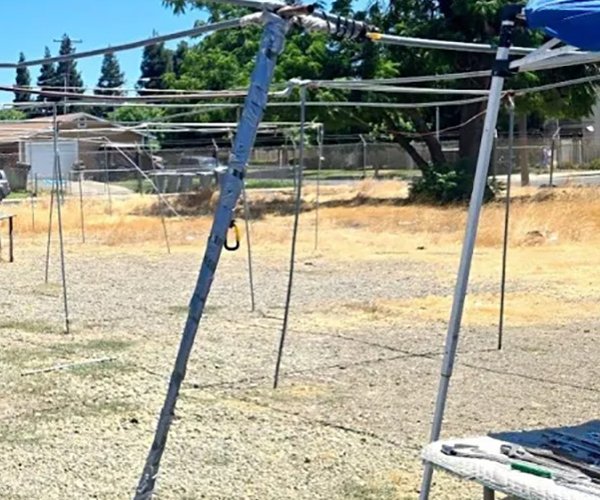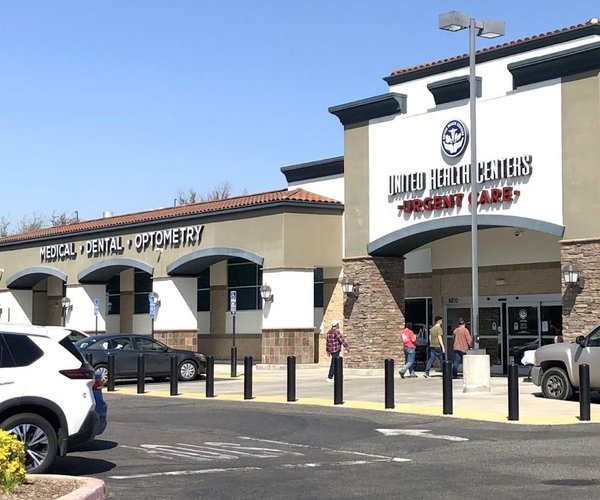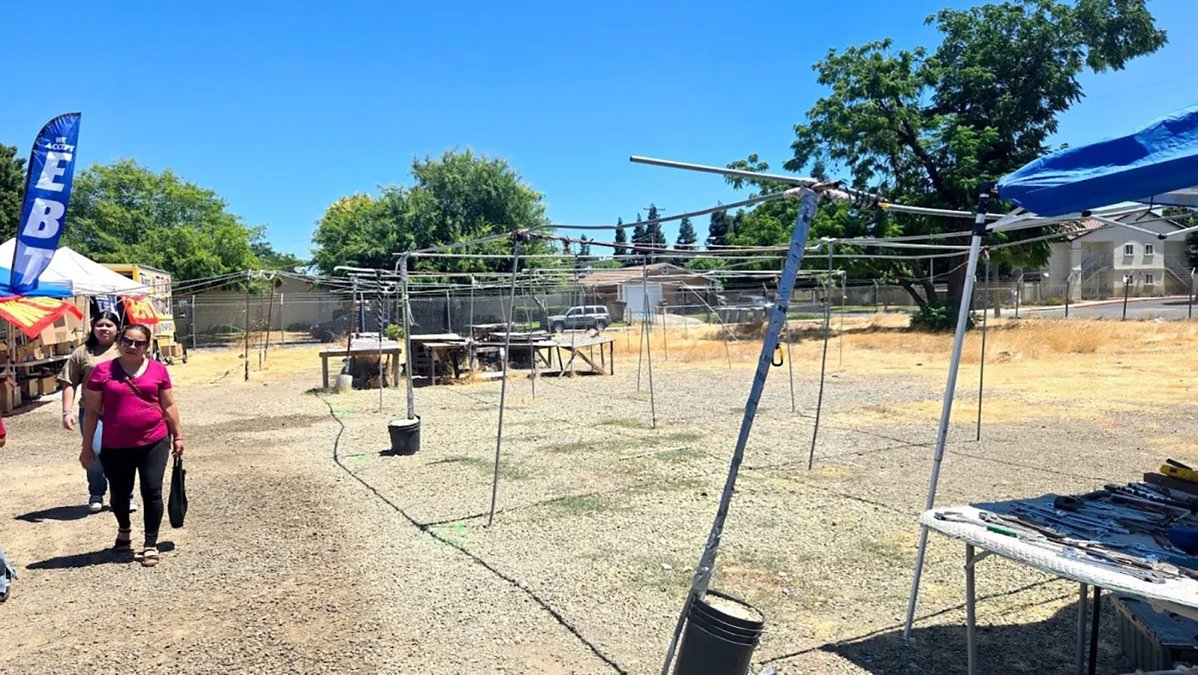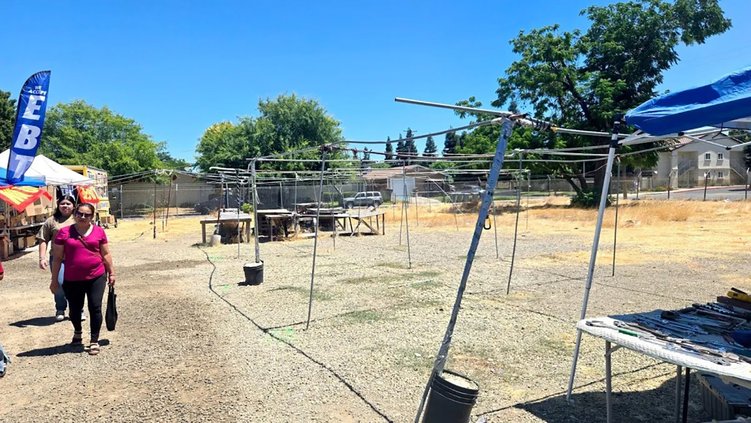The Turlock Planning Commission recommended approving the split of a 141-unit affordable housing apartment development into two separate projects — a phase one, 80-unit parcel and a phase two, 61-unit parcel — at a special meeting held Thursday.
To contact Kristina Hacker, e-mail khacker@turlockjournal.com or call 634-9141 ext. 2004.
Modifying the project into two separate phases was necessary due to lack of funding for the development.
The Linwood Avenue affordable housing development, known as Avena Bella, was approved by the City Council in April 2010 as a 141-unit development, funded in part by a $4 million loan from the Turlock Redevelopment Agency’s low-moderate income housing set-aside.
Much of the remainder of the project was expected to be funded with state low-income housing tax credit programs, but recent changes driven by the number of projects being introduced and the collapse of the real estate market have pushed minimum requirements to obtain state funding through the roof.
“In this very competitive environment, we’re trying to put ourselves in the best possible position for tax credits,” said Turlock Housing Program Manager Maryn Pitt.
“It’s very hard to predict what the best strategy is,” said Felix Auyeung, senior project manager for EAH, the company contracted with the city to build and manage the development, about obtaining the state low-income housing funding.
In hopes of increasing the odds of securing state funding and getting the project built, the city council agreed in March to loan an additional $1 million to the project from its redevelopment agency.
The new phase one development will consist of the construction of 80 units on 4.32 acres at 500 W. Linwood Ave. The apartment complex’s community center, pool, tot lot, a common recreation area and 140 parking stalls will also be constructed as part of phase one.
The Mediterranean-themed low-income apartment houses were designed to be aesthetically pleasing, as well as energy efficient, according to Auyeung. The property will be landscaped with all native plants, plus a row of fruit trees and a community garden.
EAH will also manage the property, once completed.
“There will be an onsite resource coordinator part-time, a homework club for school age children and other activities for adults,” said Auyeung.
If the project receives state funding in the first round of awards, phase one construction could be completed by May 2013.
Neighbors voice concerns about traffic, noise
While the project received support from the commission, neighbors of the planned low-income housing development were not thrilled with the possibility of increased traffic on a road they say is already overused.
“I have some concerns,” said W. Linwood resident Alex McCloud. “We’ve got a two-lane road coming in there and it’s clogged and impassable from 7:30 a.m. to 8:15 a.m. and again in the afternoon (around Cunningham School); it’s gridlock.”
According to City Engineer Mike Pitcock, the development could add 1,000 more vehicle trips per day down Linwood Avenue, bringing the level of service of the road down one grade. Pitcock acknowledged that there is a traffic problem around Cunningham — and most of the city’s schools — and said the school was built with the expectation that many students would walk to school.
“It’s unfortunate that people today don’t feel confident to allow their kids to walk to school,” Pitcock said.
EAH would not be responsible for improvements to the road and the city, according to Pitcock, does not have the funds to widen Linwood Avenue at this time.
Auyeung said EAH’s studies have found that residents of affordable housing make fewer vehicle trips than market-value housing residents, and they expect many of Avena Bella’s residents to take advantage of the walking-distance shopping and schools.
Neighbors of the development also voiced concerns at Thursday’s meeting about potential noise complaints.
Bill Olsen, a tractor shop owner on Linwood Avenue located across from the proposed development, expressed concern that he would not be able to continue running his shop at the noise level he currently does once Avena Bella was built.
“You’re alienating people on both sides of you,” Olsen said at the meeting.
After discussion, the planning commission approved adding a condition to the motion of splitting the development into two phases that would require Avena Bella residents to sign right-to-farm and right-to-industrial use waivers. The waivers would alert the development’s residents to the fact that they live near farm and industrial companies and states they cannot make complaints based on noise generated from accepted working practices.
Area farms and industrial companies would still be held accountable to city noise ordinances.
The Planning Commission’s recommendation to approve splitting the development into two phases will go before the City Council for final approval in June or July.









